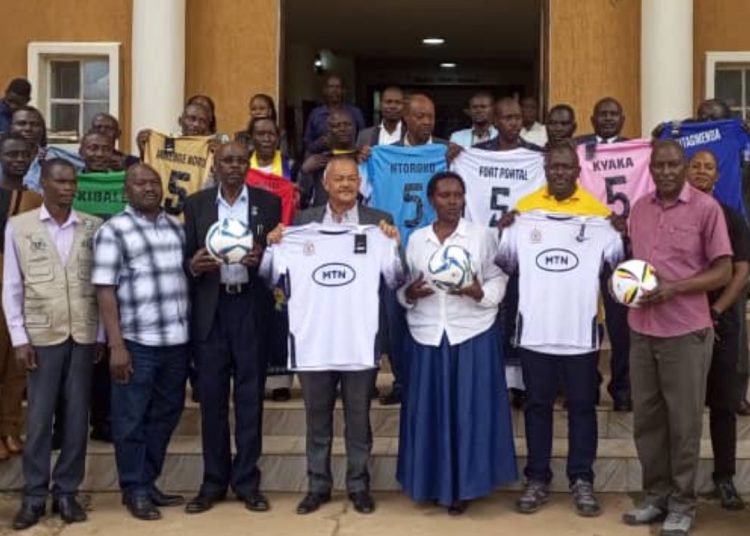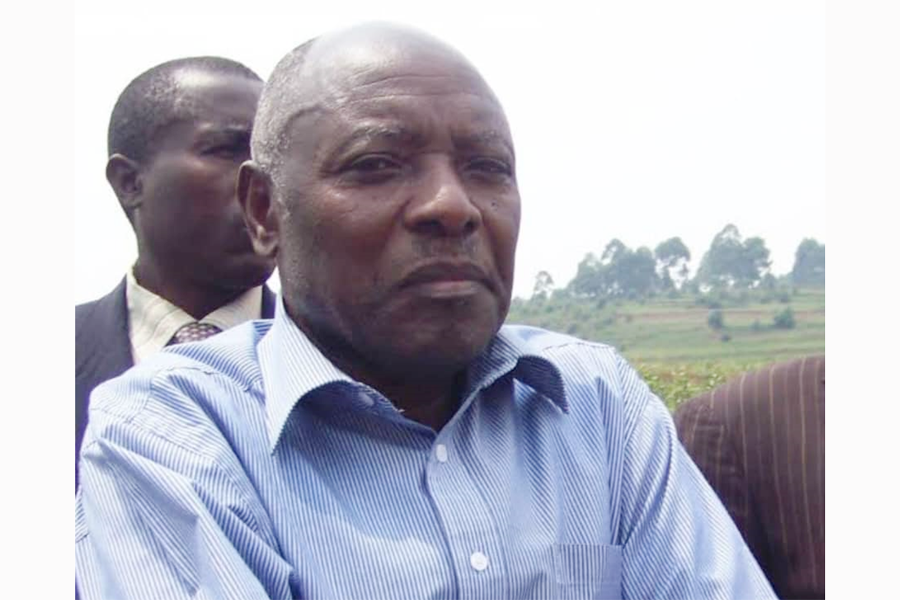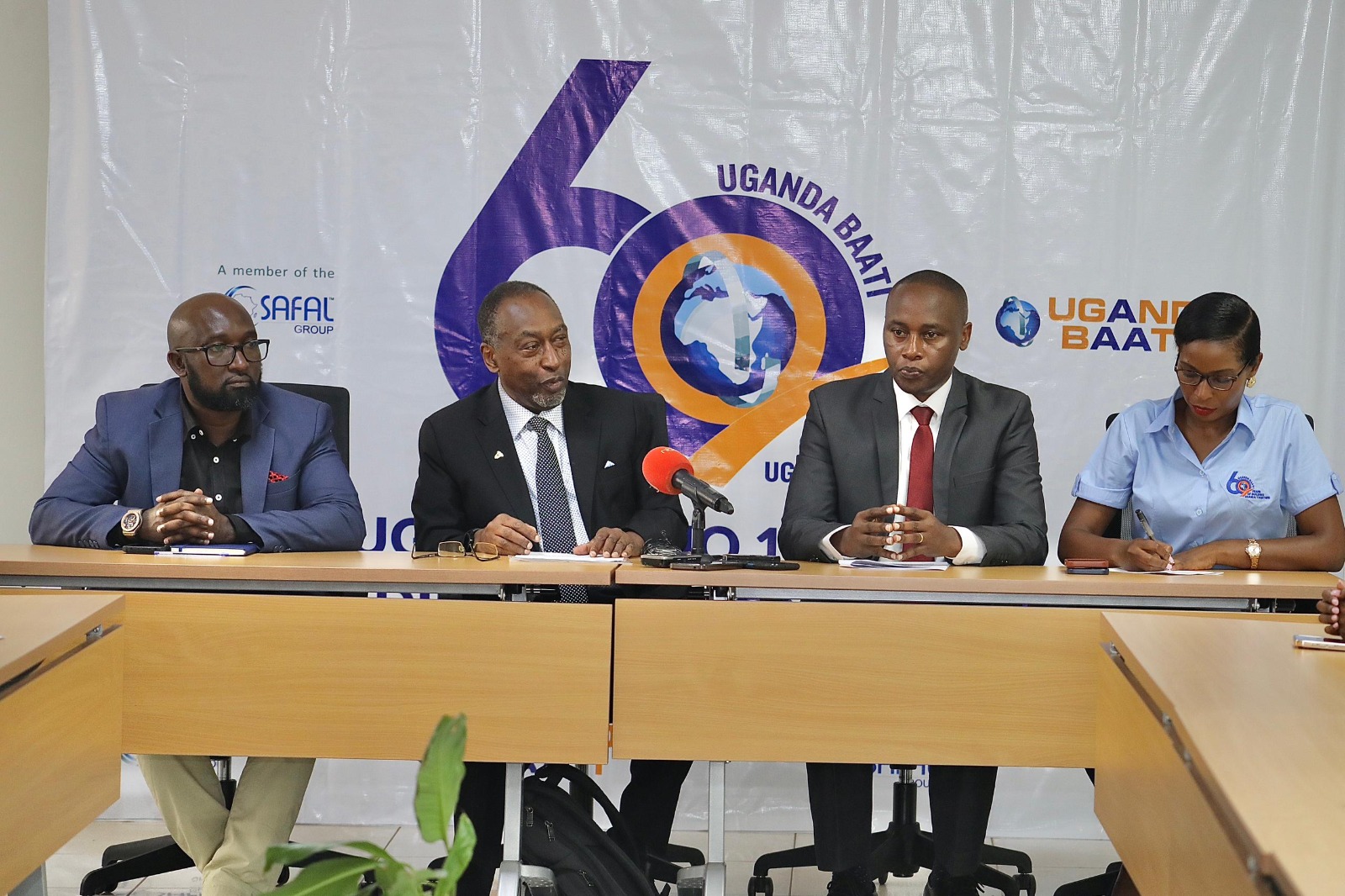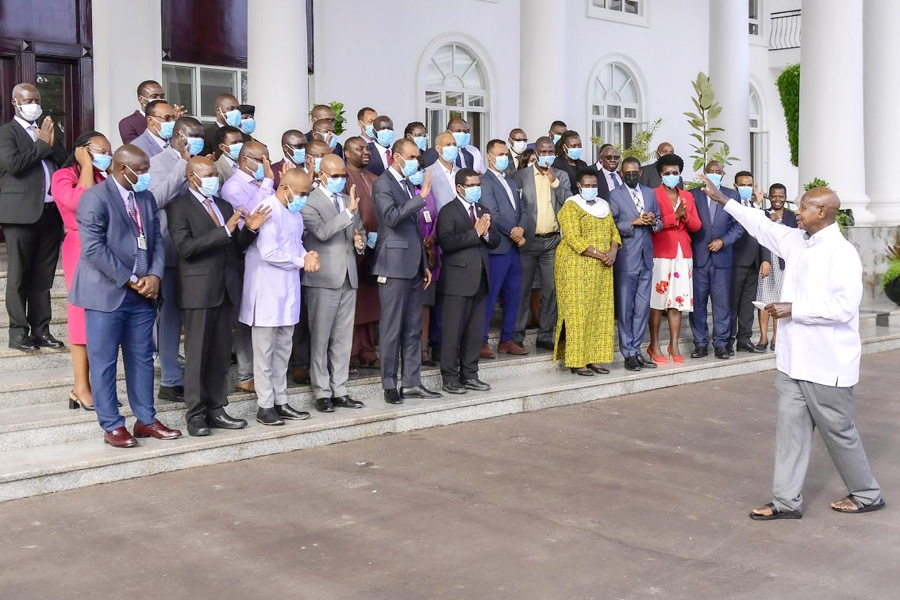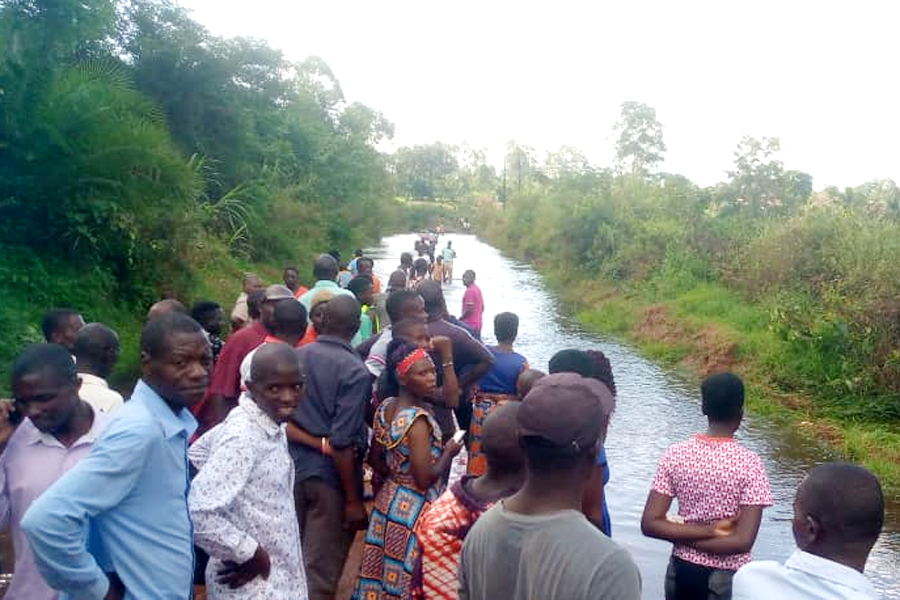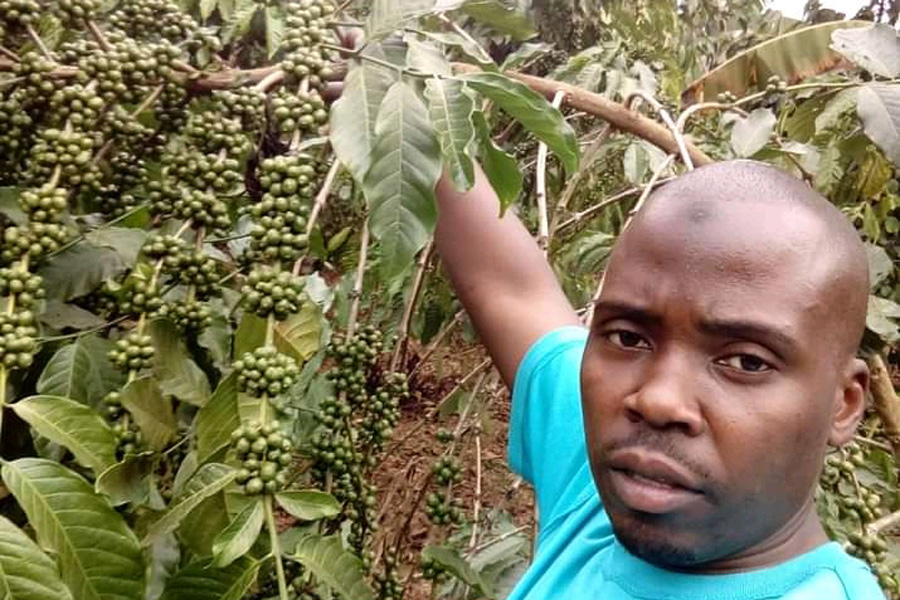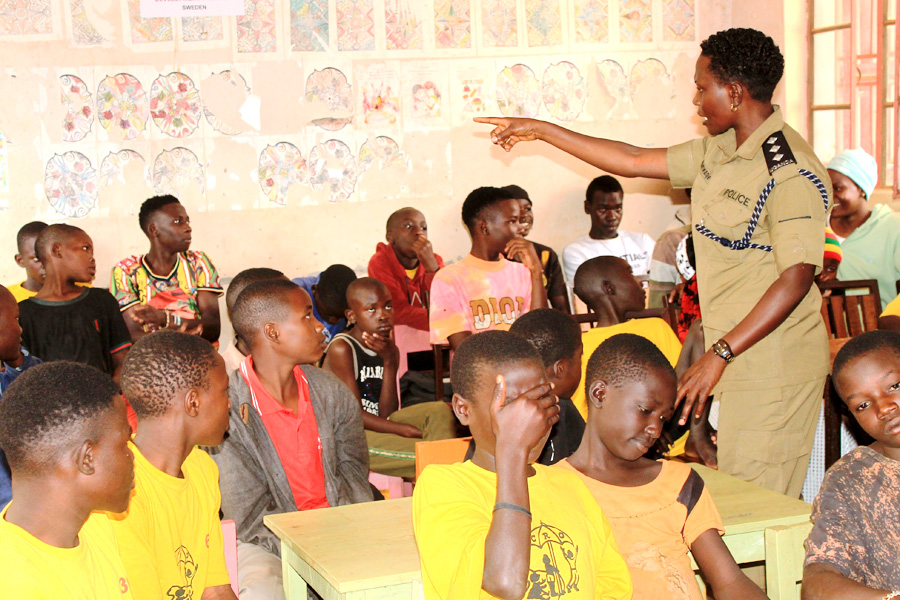South Sudan's 7th Anniversary Overshadowed by Rejected Peace Plan
The seventh anniversary of South Sudan’s independence Monday was overshadowed by the latest setback in peace talks to end the country’s civil war.
Rebel groups rejected a proposed power-sharing agreement, just hours after the government announced the deal had been accepted by both sides.
Keep Reading
President Salva Kiir and his opponents have been unable to negotiate a lasting peace agreement despite heavy pressure from South Sudan’s neighbors and the “troika” countries of the United States, United Kingdom and Norway.
South Sudanese refugees residing in Arua, Uganda, praised the efforts of regional leaders to push the country’s warring parties toward a lasting peace deal, but some doubt their own leaders' sincerity.
One of the doubters is Gie Rose, a refugee who is living in Arua District’s Imvepi settlement.
“They sat together, they discussed about peace. When they come together to Juba, they sit there and also they start fighting. So we cannot say they are going to have peace. We don't think so,” Rose told VOA's South Sudan in Focus.
Yengi Chaplain, another refugee at Imvepi, believes South Sudan’s leaders are simply caving in to pressure from the region and international community, but are not sincere about achieving peace.
“The thing should come from the heart, not being forced to do it. If it is something that is forced by other people, then even though I shake hands with you, still in my heart, I still have that pain,” Chaplain told VOA.
South Sudanese refugee Bidal Jeffers at Arua’s Rhino settlement said the previous peace talks placed too much emphasis on power sharing among the rival leaders and not enough on tending to the basic needs of citizens.
“Put the people first and what the people need. Let them forget about their differences in power struggles,” Jeffers said.
As South Sudan commemorates its independence day, some refugees at Imvepi said they have nothing to celebrate, as painful memories continue to haunt them.
“Celebration comes when we have happiness and happiness is when there is peace and you are at your home,” refugee Bidal Enoch said.
Pompeo: Stop the bloodshed
U.S. Secretary of State Mike Pompeo released a statement Monday, saying, “This should be a day of celebration marking South Sudan’s emergence as an independent state and the beginning of a new era of greater peace.” But instead, he added, “the conflict continues to impose immense suffering on South Sudan's diverse citizens.”
Pompeo called on the South Sudan government “and all parties to the conflict to immediately stop the bloodshed” and resolve their differences through dialogue that includes “a broad spectrum of society.” He said only when the fighting stops “can South Sudan begin on a path towards inclusive economic growth and genuine reconciliation.”
Pompeo said the United States remains a friend of the South Sudanese people and will work with “responsible leaders willing to deliver the peace, opportunity, and justice” South Sudanese have long awaited.
Hope in negotiation
A South Sudanese political analyst sees hope in the fact that President Kiir and rebel leader Riek Machar are at least discussing a power-sharing proposal.
“The fact that the leaders of the warring parties went to Uganda then made a breakthrough that they can form a government of national unity and that Dr. Riek can come back and be the first vice president, that is the breakthrough of Entebbe," said James Okuk, a political science lecturer at Juba University.
Aside from reinstating Machar as “first vice president,” the proposal calls for a total of four vice presidents, including a woman, and would expand the number of ministers and members of parliament.
SPLM-In Opposition spokesman Mabior Grang said Monday that the SPLM-IO is “not negotiating for positions, but wants to address the root cause of the conflict in South Sudan,” and that his group rejects the proposal because “it only focuses on the accommodation of politicians.”






